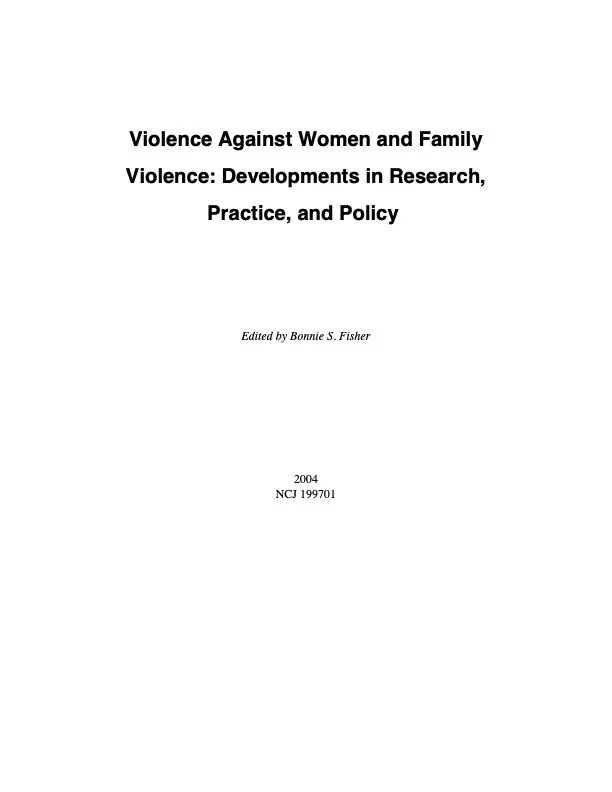By Sara De Vido
Violence against women is characterised by its universality, the multiplicity of its forms, and the intersectionality of diverse kinds of discrimination against women. Great emphasis in legal analysis has been placed on sex-based discrimination; however, in investigations of violence, one aspect has been overlooked: violence may severely affect women's health and access to reproductive health, and State health policies might be a cause of violence against women. Exploring the relationship between violence against women and women's rights to health and reproductive health, Sara De Vido theorises the new concept of violence against women's health in international law using the Hippocratic paradigm, enriching human rights-based approaches to women's autonomy and reflecting on the pervasiveness of patterns of discrimination. At the core of the book are two dimensions of violence: horizontal 'inter-personal', and vertical 'state policies'. Investigating these dimensions through decisions made by domestic, regional and international judicial or quasi-judicial bodies, De Vido reconceptualises States' obligations and eventually asks whether international law itself is the ultimate cause of violence against women's health.
Manchester UK: Manchester University Press, 2020.










